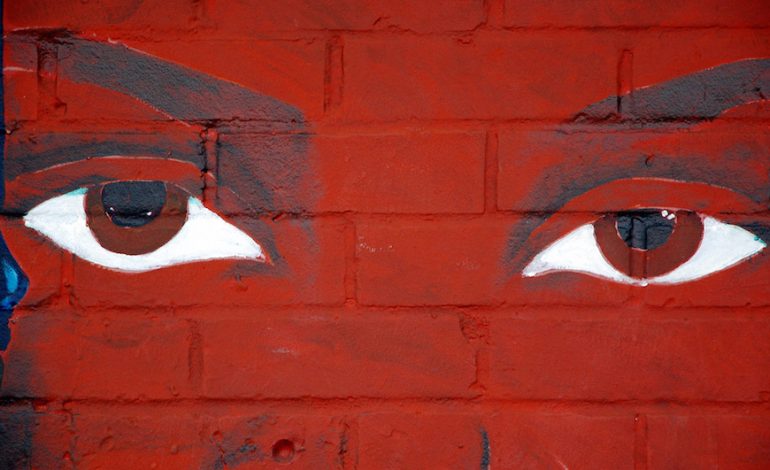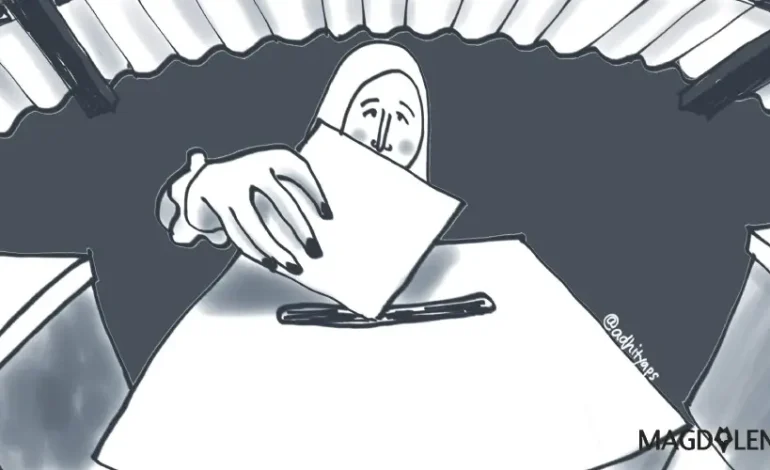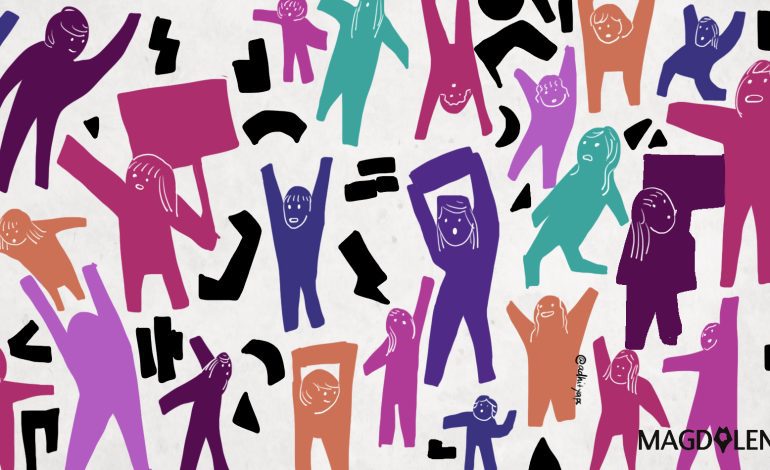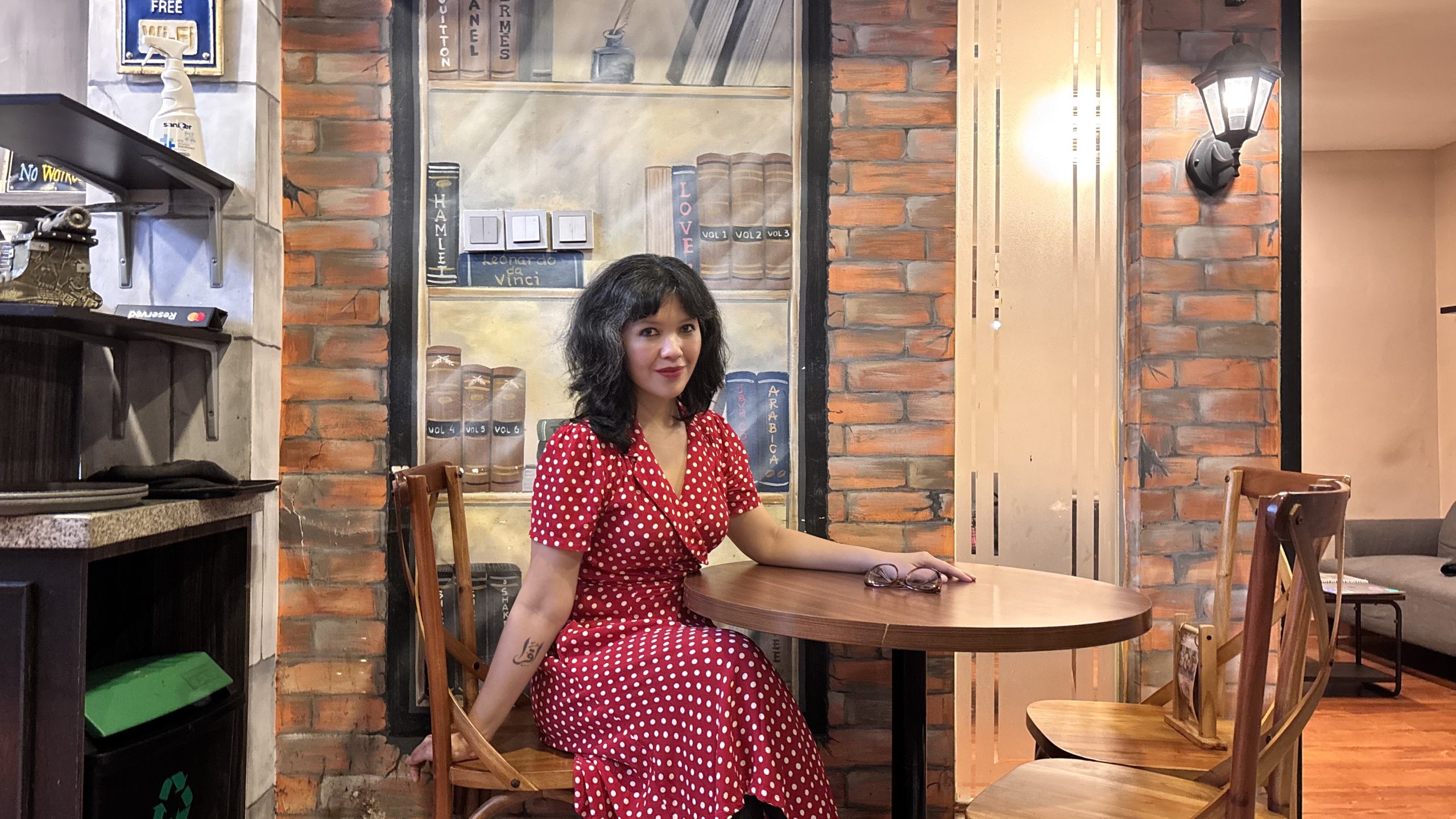Seeing the African-American World from Indonesia

Any Indonesian child consuming American pop culture would know that America is made up of many races. The most distinctive minority group in the United States is the African-Americans. Most basketball players in the NBA are African-American. Moviegoers see plenty of black actors. So many American music genres, from jazz and blues to soul andhip-hop, were pioneered by African-Americans.
In my childhood, I presumed white and black Americans lived in harmony – picture that Paul McCartney and Stevie Wonder’s duet – the way the Chinese, Javanese, Batak, and eastern Indonesian children and teachers in my school cohabit the same space in the daytimes.
With my coming of age in the 1990s gone was this vision of perfect racial harmony was gone, following the 1992’s Los Angeles Riots. Though the riot erupted after the release of policemen who were filmed beating up a black man, victims of the riots were mostly African-Americans and Korean-Americans who lived in poor neighborhoods.
Back in my school, my Javanese and Moluccan classmates adopted African-American pop culture, the music, the clothes, the hand gestures and the lingo. This happened as tensions between Chinese and non-Chinese students rose in mid-1990s. In magazines and newspapers young writers expressed sympathy for the African-Americans’ struggle against racism and discrimination, some perhaps earnestly, some were doing it point at the wealth-gap issue in Indonesia, where it seemed that the Chinese benefited more from globalization and the property boom.
As I learned more about feminism and intersectionality, I became familiarized with African-American women and African-American queers. I had always envied the confidence and vigor of the Africa-American community in fighting for their rights, compared to Asian-Americans and East Asians.
I came to respect African-American women after last year’s election in United States during which they were shown to be the primary group that voted for Hillary Clinton and to dislike Donald Trump. Four months on, they are still the group that distrusts Trump most. When Attorney General Jeff Sessions was accused of holding secret meetings with the Russian ambassador, black women online said “Coretta Scott King had warned all of you,” recalling the widow of Martin Luther King Jr.’s opposition to his nomination as a federal judge back in 1986.There are plenty of hostility against African-Americans online. Besides the typical white conservative racism, there are the socialists who dismiss Intersectionality as a “bourgeoisie fad” trying to steer the discussion away from class conflict. Black Lives Matter and African-American voices in social media hare often dismissed as “identity politics” by centrists and leftists.
But my biggest surprise was seeing the anti-black sentiment among Indonesian liberals during the Oscar night. Some people were upset that Moonlight won the Best Picture award, repeating lines spoken by white racists in United States and accusing it as a “politically correct” award. The “Social Justice Warriors (SJWs)” had taken over the Academy, they said, asking why can’t black people make “normal” movie. And of course: “This is why Trump won.”
I don’t understand what motivates this racism against black Americans in Jakarta. It’s not like you see a lot black tourists or expats in Asia. While La La Land is fun to watch and its vintage style is popular in Indonesia, is the disappointment that it didn’t really win the best picture award warranted the racist outbursts coming from us, Asians? Do we long for white America that badly? At least the next day Indonesian daily Kompas focused on Moonlight, while American newspapers seemed to pay more attention to La La Land, either as the victim of incompetency or to praise the producers’ grace.
The African-American feminists have taught several things to me: be relentless in the fight for justice. Keep punching up. Be creative, be brave, and be innovative.
Read Mario’s piece on his religious belief with feminism and follow @mariorustan on Twitter.
Illustrastion by Steve Snodgrass.






















